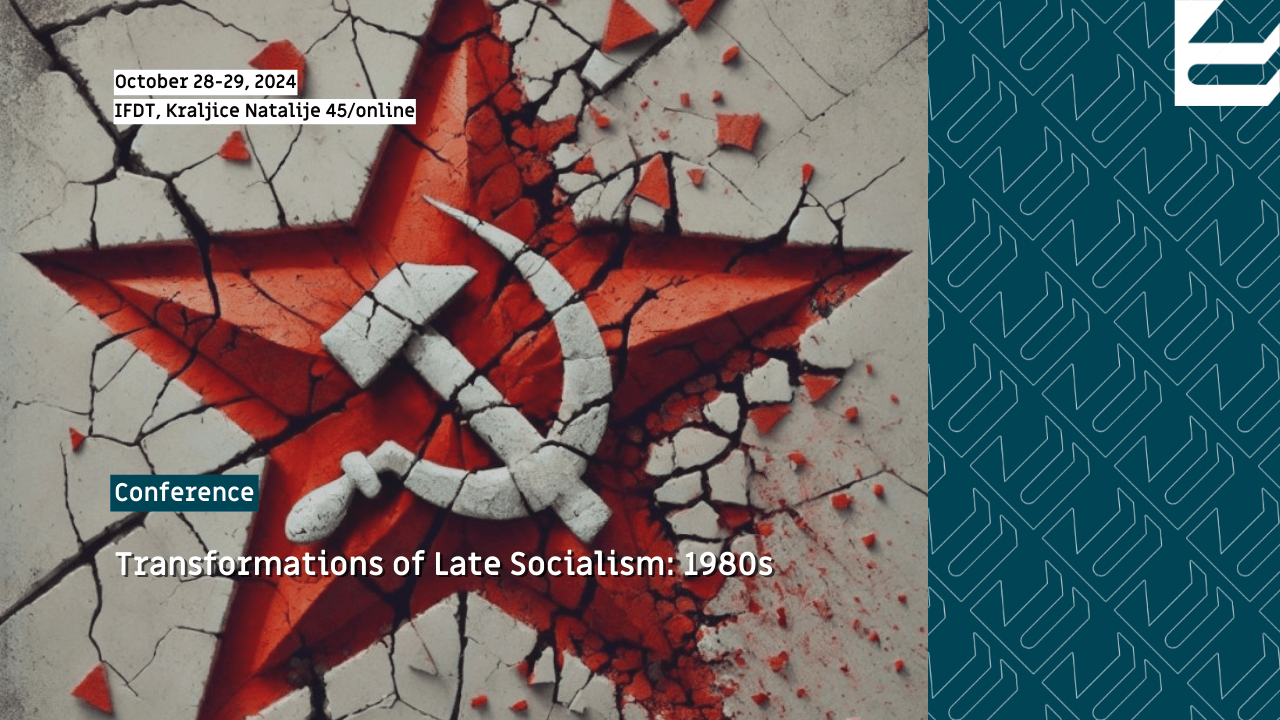
[Conference] Transformations of Late Socialism: 1980s
During the 20th century, historians have coined specific names for its particular decades. However, the 1980s have not been marked out as a specific period and have not, for various reasons, found their place in the sociocultural temporal span, both in Soviet and in global historiography. Still, the 80s were determined by a set of relevant events and processes that can be interpreted in most contradictory ways. On the one side, they mark the end of an entire era of socialist projects around the world, while on the other, they represent the beginning of a new historical path.
The beginning of the 1980s saw the escalation of tensions in the global geopolitical confrontations between the two systems. Social movements gained in strength, ranging from anti-war and ecological initiatives to the struggle for human rights in East Bloc and western countries alike. Significant reforms were ushered in both capitalist (neoliberalism) and socialist (Perestroika) economies. This period saw a significant expansion of Western mass culture, owing to the new possibilities offered by television and cassette discs. Thus, external and internal processes generated essential changes in socialist countries, influencing their political, economic, and cultural practices.
This conference will feature historians, cultural studies scholars, sociologists, philosophers, and other specialists who will discuss these changes, their causes, forms, and influences on later historiacal events.
The conference will be held on 28th and 29th October at the Institute for Philosophy and Social Theory. Guest of honour and keynote speaker will be Ivan Krastev of the Centre for Liberal Strategies and the Institute for Humanist Sciences in Vienna.
